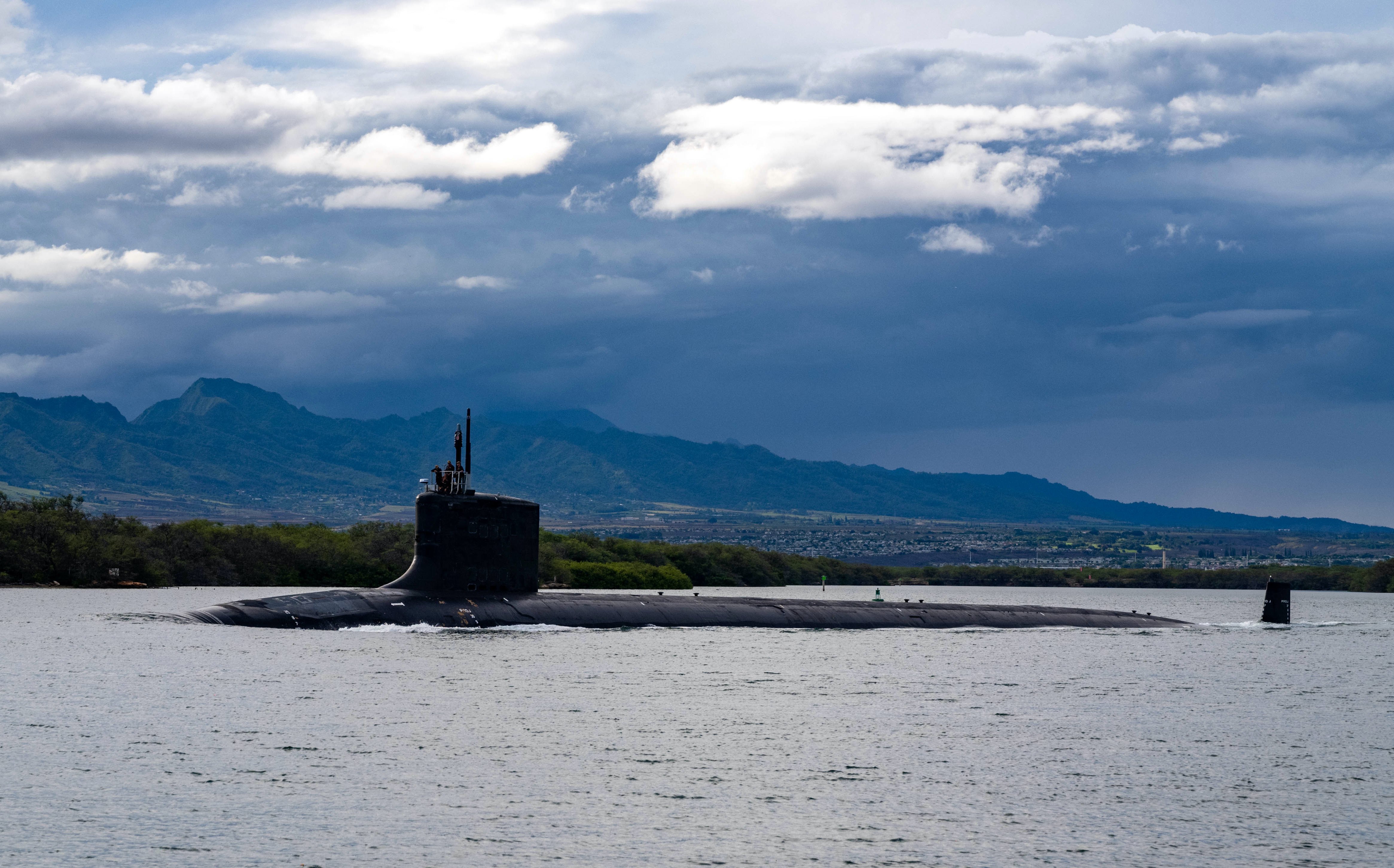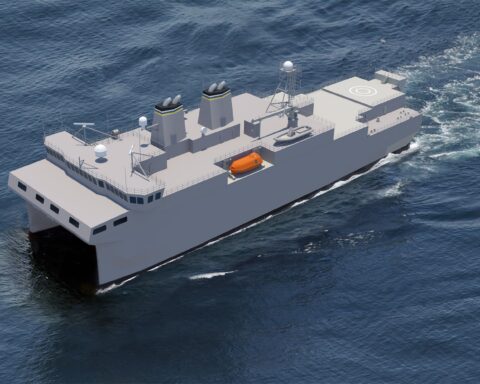The following is the Sept. 15, 2022, Congressional Research Service report, North Korea: September 2022 Update.
From the report
For more than 30 years, 16 Congresses and 6 presidential administrations have struggled with North Korea’s (officially the Democratic People’s Republic of North Korea, or DPRK) advancing nuclear weapons and missile programs, human rights abuses, sponsorship of cyber-attacks and cyber-crime, and threats to U.S. regional allies. As Members of Congress seek to shape and oversee U.S. policy toward North Korea, they may wish to consider a number of developments that have occurred since nuclear talks collapsed in 2019.
The Biden Administration says it is pursuing a “calibrated, practical approach” that “is open to and will explore diplomacy with North Korea” to eventually achieve the “complete denuclearization of the Korean Peninsula. The Administration appears to envision offering partial sanctions relief in exchange for partial steps toward denuclearization. Its approach appears to be in alignment with that of South Korean President Yoon Suk-yeol, who assumed office in May 2022 and has hardened Seoul’s stance toward the DPRK. Since Yoon’s inauguration, Washington and Seoul have shifted their emphasis from diplomacy to deterrence, for instance by expanding the size and scope of bilateral military exercises. They also have offered Pyongyang unconditional humanitarian assistance, and Yoon has pledged to provide large-scale economic assistance if North Korea “embarks on a genuine and substantive process for denuclearization.”
Pyongyang largely has ignored attempts by the Biden and Yoon Administrations, and their predecessors, to resume dialogue and has rejected offers of humanitarian assistance, including COVID-19 vaccines. Meanwhile, North Korea reportedly has continued to produce fissile material for weapons. It also has continued to test missiles of various ranges and capabilities, including more than 30 ballistic missiles since the start of 2022, in violation of United Nations Security Council (UNSC) sanctions. The tests appear to have advanced the reliability and precision of its missile forces, and improved its ability to defeat regional missile defense systems. In March 2022, North Korea tested an intercontinental ballistic missile (ICBM) for the first time since 2017. Many observers see evidence that North Korea is preparing to conduct its seventh nuclear weapons test. It has not tested a nuclear device since 2017.
The United States has responded to North Korea’s missile tests by introducing new unilateral sanctions designations, dispatching U.S. military assets to Northeast Asia, and working with the Yoon Administration to expand U.S.-ROK deterrent activities and to reinvigorate trilateral cooperation with Japan. In June 2022, the Senate passed the Otto Warmbier Countering North Korean Censorship and Surveillance Act of 2021 (S. 2129) that, among other steps, would require the State and Treasury Departments to report annually to Congress on U.S. government sanctions-related activities and enforcement.
North Korea has undertaken these activities despite signs that its economy has contracted significantly since the start of the COVID-19 pandemic. Since early 2020, the North Korean government has largely closed the country’s borders and imposed restrictions on economic activities. Between January 2020 and January 2022, North Korea’s official trade, which already had been reduced to a trickle due to sanctions, fell by nearly 90%. The difficulty of importing food and agricultural products during the border shutdown, combined with poor weather, appears to have exacerbated North Korea’s chronic food shortages. The U.N. estimates that over 10 million North Koreans, roughly 40% of the population, are undernourished. However, there are few outward signs that North Korea’s economic difficulties are threatening the regime’s stability or are compelling North Korea to pursue engagement with the United States.
Download the document here.





